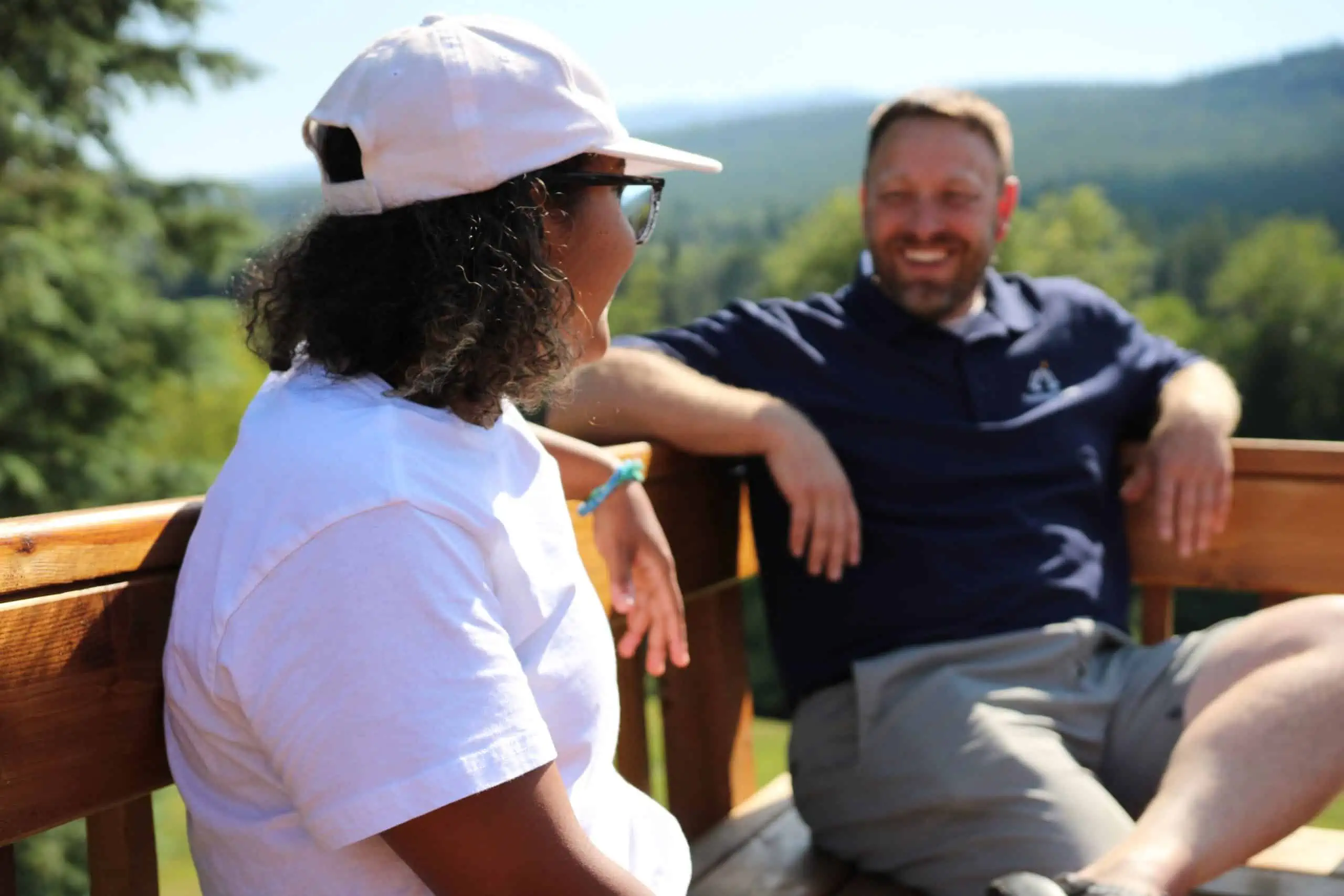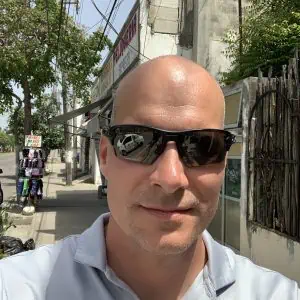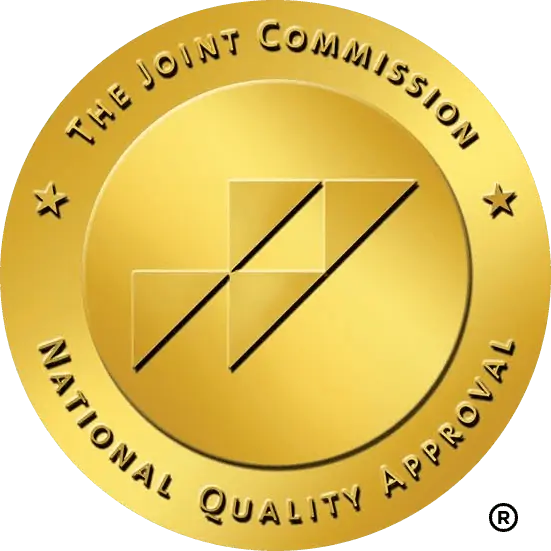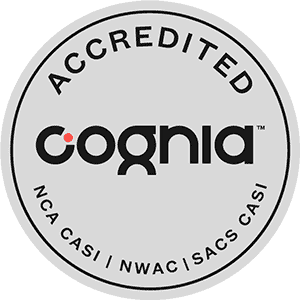When young people struggle with substance misuse or addiction, there’s usually also the question of school. Falling behind academically “can be detrimental to learning and future success, but traditional school can be tough for kids whose peer groups use drugs or alcohol and where treatment resources can be limited,” reported Rachel Morello on NPR in 2017. “Research shows that students in recovery schools, designed to meet both academic and therapeutic needs, have better sobriety levels—and usually better grades, than students with addiction who remain in regular class settings.”
Nevertheless, “it’s not a call any family really wants to make,” says Turning Winds admissions director Eric Loesch. “In most cases, they have explored what seemed less drastic steps or lower levels of care, such as outpatient therapy or maybe even an intensive outpatient program. If they end up calling us that usually means those attempts were unsuccessful.”
As the summer of 2023 is approaching its end, many parents are acutely aware that it didn’t exactly go as planned. “Maybe, it got ruined because of the kid’s behavior,” says Loesch. “Maybe there was some kind of legal trouble. Now, as the school year approaches, things aren’t getting better—they are actually getting worse.”
Many parents in that situation feel they have a decision to make: “Do we pursue treatment or do wait and see how the school year goes?”
“Often the thinking goes, now that the school year is starting, let’s see what happens,” explains Loesch. “After all, there’s more structure and less free time. There are extracurricular activities and athletics. Parents expect the opposite of what the summer was like hoping that maybe things will be different during the school year.”
Loesch understands that logic all too well, as his own family was once in the same situation. Waiting and hoping that the behavior will somehow improve at school frequently yielded disappointing results. “We typically see an increase in inquiries and calls in October and November, when the kids kind of crash and burn,” he says. It’s the end of summer, the school year starts, then September doesn’t go so well, and now families are ready to take that step.
“I often tell families there really isn’t a perfect time,” says Loesch who has a lot of sympathy for what parents are going through. “It’s difficult to make that decision in the summer: ‘We have this vacation planned’; or in the school year: ‘We want our child to be with their peer group at school, they’re on the lacrosse team or in the band, and we don’t want to pull them from that.’ So, there’s always something. I often try to explain to parents if they don’t intervene, it reaches a point where it’s all self-sabotage and all those opportunities are going to be destroyed anyway. Really, the best time to act is now!”
Often, parents have the right instinct but are reluctant to act on it. “When they thought, it’s getting pretty bad, maybe we should consider treatment—that’s the time to pursue treatment, as opposed to waiting for some perfect scenario to happen,” recommends Loesch. “That perfect moment is just not going to materialize.” Many parents who end up sending their child to treatment usually ask themselves later “Why did we wait so long to do this?”
There is usually uncertainty about what is happening in a particular program or what the outcome is going to be but there is no need for that uncertainty at Turning Winds—our admissions team is ready to answer any question you may have.
“I sometimes plead with parents: ‘Don’t let that fear and uncertainty stand in the way,’” says Loesch. “We’ve worked with many, many families that went through the same challenges. It’s a difficult process for the kids and their parents but the Turning Winds team is here to help you through that process. It will require some work but in the end, it’s a very rewarding process that is one hundred percent worth it.”
At Turning Winds, we extend our clinical services beyond the confines of four walls. We have taken the best elements of care from wilderness therapy, therapeutic boarding schools, and inpatient treatment to create a one-of-a-kind residential treatment center.
Over the past two decades, Turning Winds has been able to help many families overcome what seemed impossible odds. Our mission is to rescue teens from crisis situations, renew their belief in their own potential, reunite them with their families, and put them on a sustainable path to success.
Contact us online for more information, or call us at 800-845-1380. If your call isn’t answered personally, one of us will get back to you as soon as possible.









